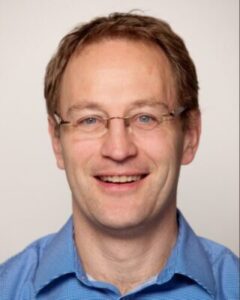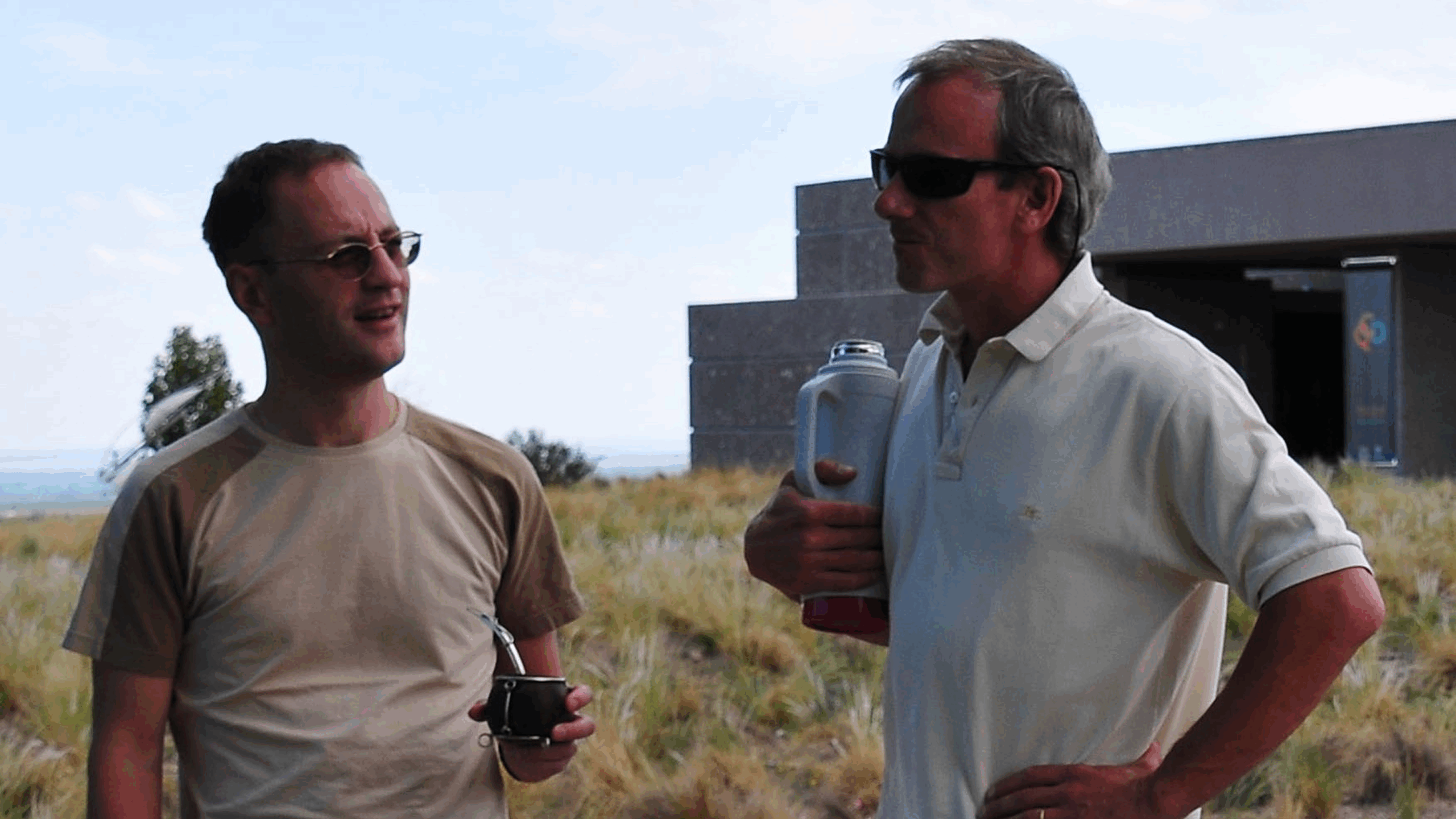For Dr. Robert Jeraj, global oncology isn’t just about science, it’s about solidarity. “The world is strongest when we’re all working together,” he reflects. “We share the same challenges, and it’s only natural that we collaborate to solve them.”
Dr. Jeraj sees global partnerships not as an option—but as a necessity for meaningful progress. Whether it’s data, ideas, or innovation, he believes these should flow freely across borders, disciplines, and cultures.
His work reflects that belief. For more than two decades, Dr. Jeraj has been at the forefront of collaborative research across three continents, building teams that span time zones and perspectives. “I enjoy and value people working together. The challenges we face—like cancer—don’t stop at national boundaries. Our solutions shouldn’t either.”
Early in his career, Dr. Jeraj pursued collaborative research across Slovenia, Australia, and the U.S., experiences that shaped his belief in the power of cultural exchange and partnership. From helping creating Medical Physics for World Benefit (MPWB), to launching clinical trials in Australia and initiating global Networks of Imaging eXcellence (NIX), he’s embraced the discomfort of the unknown. “I never pretend I know anything. I throw myself into areas I don’t understand, because that’s where the learning happens,” he says. He sees resource-limited settings not as passive recipients of aid but as spaces where innovation flourishes.
Global work, to him, is deeply human. One of his favorite photos captures him and colleagues in Argentina drinking mate—a traditional drink passed around and shared through the same straw. “It’s symbolic of global partnerships,” he explains. “You make an effort, you share something, and you begin to really appreciate another culture.”
Currently, Dr. Jeraj leads a global program working across time zones and teams. His long-term vision? To build a “CERN for medical physics”—a collaborative international hub for oncology innovation, modeled after the world-famous particle accelerator on the France-Switzerland border. “CERN worked because people came together to build something bigger than themselves. We don’t have something like that in oncology yet—but data can travel, analytics can travel. We’ll get there. It’ll take time.”
His advice to those new to global health: “Find your strength and your passion—something you can offer that’s truly helpful. Some people can give time. Others build. I realized I love building things—programs, collaborations, systems and most importantly, possibilities.”

